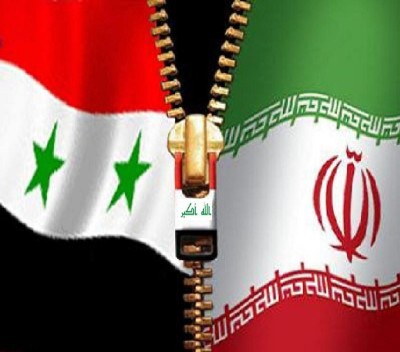With the start of its interim nuclear deal with the 5+1 Powers finally confirmed, Iran looked this week for diplomatic success over the Syria issue.
Tehran, a key backer of the Assad regime, won a notable victory on Sunday with an invitation from the UN to attend Wednesday’s talks in Switzerland. There is still a tricky condition for Iran: it will have to accept the decisions of the June 12 conference in Geneva, which include the requirement for President Assad to step aside for a transitional governing authority.
Still, the UN invitation marked a continuing advance for Iran and its partner Russia as they try to pin the blame for the Syrian conflict on opposition “extremists” and their foreign backers, rather than Assad. Both countries continued their propaganda drumbeat during the week, implicitly condemning Saudi Arabia as well as “takfiris” and “terrorists”.
Implementation of November’s nuclear deal formally began on Monday, with International Atomic Energy Agency observing Tehran’s move to suspension of enrichment of 20% uranium. There was diplomatic scuffling between Iran and the US over the text of the agreement for implementation, although it did not appear to be a threat to the process.
On the domestic front, the Rouhani Government continued to face pressure over its platform to open up the political and cultural spheres. The Justice Minister tried to put away the issue of the 35-month house arrests of opposition leaders Mir Hossein Mousavi and Mehdi Karroubi, saying they would not be put on trial but indicating that they would not be released.
FORECAST
Whether Iran makes it to the top table of Wednesday’s Syria conference is still uncertain, but Tehran has already won with recognition from the United Nations of its right to be there.
That is likely to be important when the conference fails, with Russia and Iran — despite their military and economic support of Assad — claiming to be the peacemakers confronting the dangers of extremism and terrorism.
This position is likely to reinforce the Rouhani Government’s determination to carry through the interim nuclear deal, which is giving it space on other international issues, as well as to curb criticism of the agreement — especially from the Supreme Leader.
On the domestic front, the Government is likely to seek “steady as she goes”, with its attempt to stabilize the Iranian economy taking precedence over any initiative challenging hard-liners on cultural issues, let alone the state of political prisoners.
President Rouhani successfully put forth the theme of stability and moderation in his first provincial tour, greeted by enthusiastic crowds in Khuzestan in southern Iran.
FEATURED ANALYSES
Tehran’s “Nazis-Aliens-Jews-US” Propaganda — Meet Its Mastermind, “Sorcha Faal”
Tehran to World “Please Help Us With Our Oilfields”
Moscow Talks Up “Rapidly Developing” Relations With Iran — Amid Rumors Of Oil Barter & Military Co-operation
Video Analysis: Have the Hardliners Defeated Rouhani in the Cultural War?
FEATURED 1ST-HAND
Interview: Culture Minister Jannati “We Seek Full Freedom of the Press & Arts”

